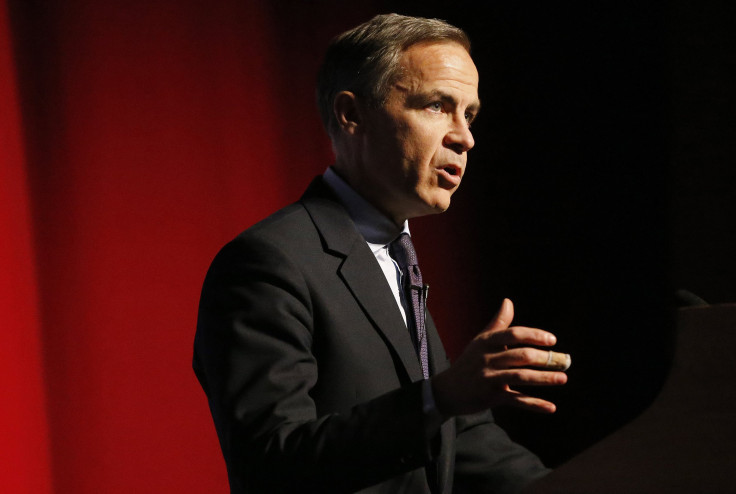EU Brexit Controversy 2016: Bank Of England Announces 3 Liquidity Auctions Surrounding June Vote

Amid mounting speculation over whether the United Kingdom will vote in June to leave the European Union, the Bank of England has said it would give banks three chances to borrow unlimited amounts of money in an effort to stave off the panic and chaos that opponents of a so-called Brexit have said would ensue.
The three additional indexed long-term repo operations would be held June 14, 21 and 28, the central bank said in a notice published Monday that specified those dates relate to the EU referendum, which is slated for June 23. "The Bank will continue to monitor market conditions carefully and stands ready to take additional action if necessary," the notice added.
Typically, the central bank lends a few billion pounds in regular monthly liquidity auctions. But the three in the weeks preceding and following the referendum will be unlimited.
Critics of the bank's announcement, namely those who support a British exit from the European Union, have slammed it as a politicized decision. Jacob Rees-Mogg, a Tory who is a member of the Treasury committee, told the Financial Times that Mark Carney, governor of the Bank of England, was being drawn into the “political fray” of the campaign for the U.K. to remain a part of the European Union.
Britain's in-out EU referendum will be on June 23rd. The arguments for and against #Brexit https://t.co/7giTGxkTT1 pic.twitter.com/dXisMerm0X
— The Economist (@EconBizFin) March 7, 2016
Northern Ireland Secretary Theresa Villiers, who is campaigning for the Brexit, has described pro-Brexit ministers as “the underdogs” in a campaign facing off against “the establishment.”
But those who are campaigning for the U.K. to remain in the European Union, such as Prime Minister David Cameron, have warned that a Brexit would drive up prices and kill jobs. Foreign Secretary Philip Hammond has said that the country's economy would be “put on hold” for as many as two years if a Brexit were to occur. For these pro-EU officials, the central bank's new liquidity plans could serve as welcome affirmation of their warnings.
“This isn’t some amusing adventure into the unknown,” Chancellor George Osborne warned in February. “A British exit would hurt people’s jobs, livelihoods and living standards — it’s deadly serious,” he said.
In its latest poll of traders on whether they think the U.K. will vote to leave the European Union, Nasdaq found that respondents “overwhelmingly” expected to see a Brexit, although sentiments and opinions have plenty of time to change before the June vote. Within the U.K., 93 percent of respondents in the past week said they thought a vote would lead to a Brexit. Overall, respondents from both within the U.K. and without who predicted a Brexit rose from 38 percent the week prior to 58 percent last week.
© Copyright IBTimes 2024. All rights reserved.






















